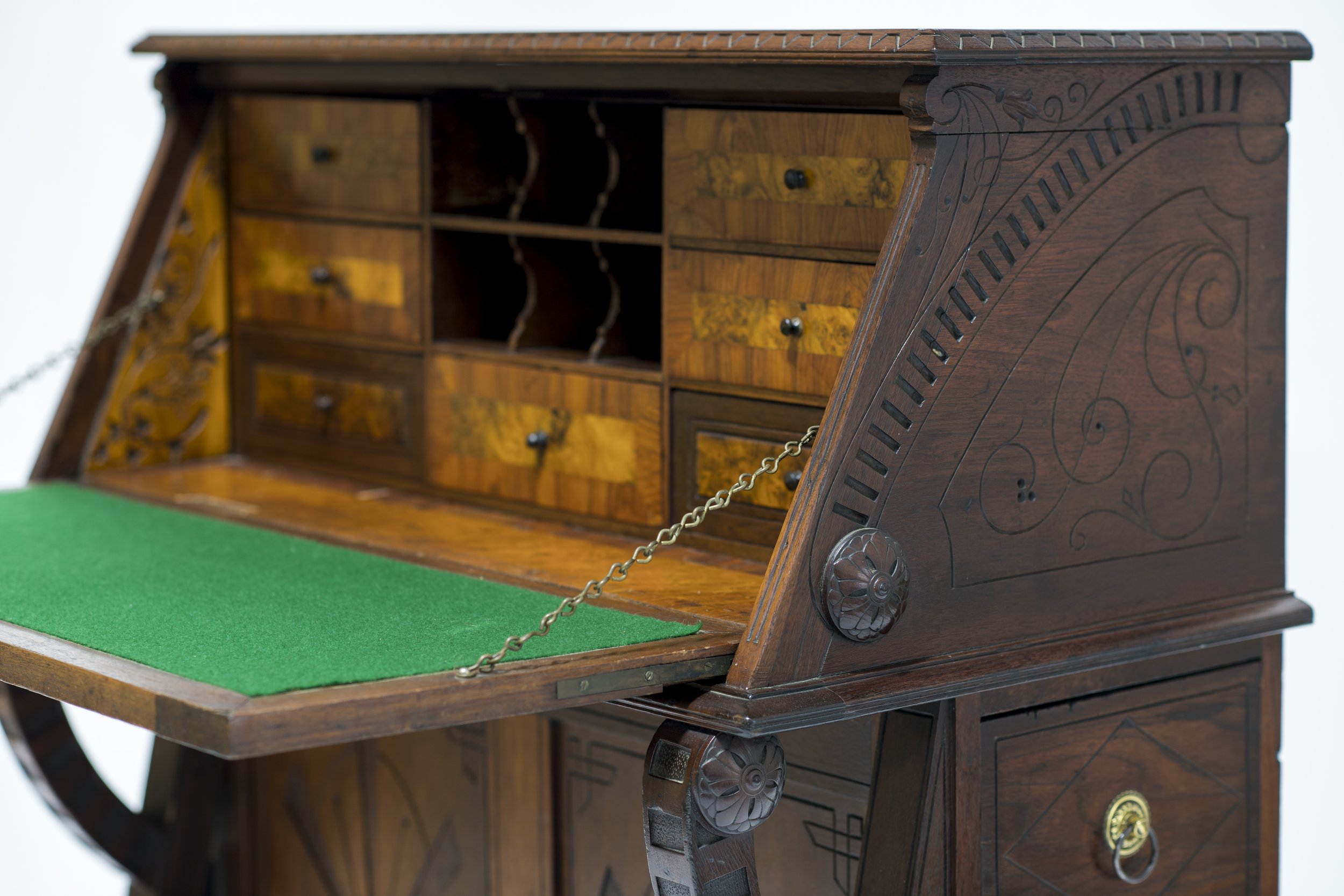
THE CARTER ARCHIVES
The City of Seneca’s Carter Archives value and support a community where all stories are collected, preserved, and told, and we are working to amplify the voices of marginalized communities and cultures.
Mission:
The Carter Archives’ mission is to preserve and interpret the histories and culture of African Americans in the historic Pickens District (present-day Oconee County & Pickens County) and the history of Seneca, South Carolina for the education and enrichment of its diverse audiences by identifying, collecting, preserving, and sharing distinctive archival materials and artifacts of enduring historical value that document life in the city of Seneca and the former Pickens District in South Carolina.
The Story:
The Carter Archives began in 2015 to house the stories and artifacts for the Bertha Lee Strickland Cultural Museum. What began as a small collection of less than a dozen total pieces has grown to be the largest single collection of archival documents and artifacts depicting the rich history of the city of Seneca and the local African American communities. Located on North Townville Street in Seneca, the building is undergoing extensive renovations and is planned to be opened as a public research center once completed. Through generous gifts and donations, the Carter Archives collections have grown to more than 25,000 pieces.
Working with our many community partners and generous supporters, the Carter Archives will be an unsurpassed public educational resource for researchers, scholars, educators, students, and community members who want to learn more about our local history and the people of our local past.
The Building
The Carter Archives is located in the historic Gignilliat wing built in 1957 as an addition to Seneca High School. It is the only extant building of the former Seneca High School that burned in 1970.
“There is nothing more powerful than a people, than a nation, steeped in its history. And there are few things as noble as honoring our ancestors by remembering.”
- Lonnie G. Bunch III, Secretary of the Smithsonian Institution
